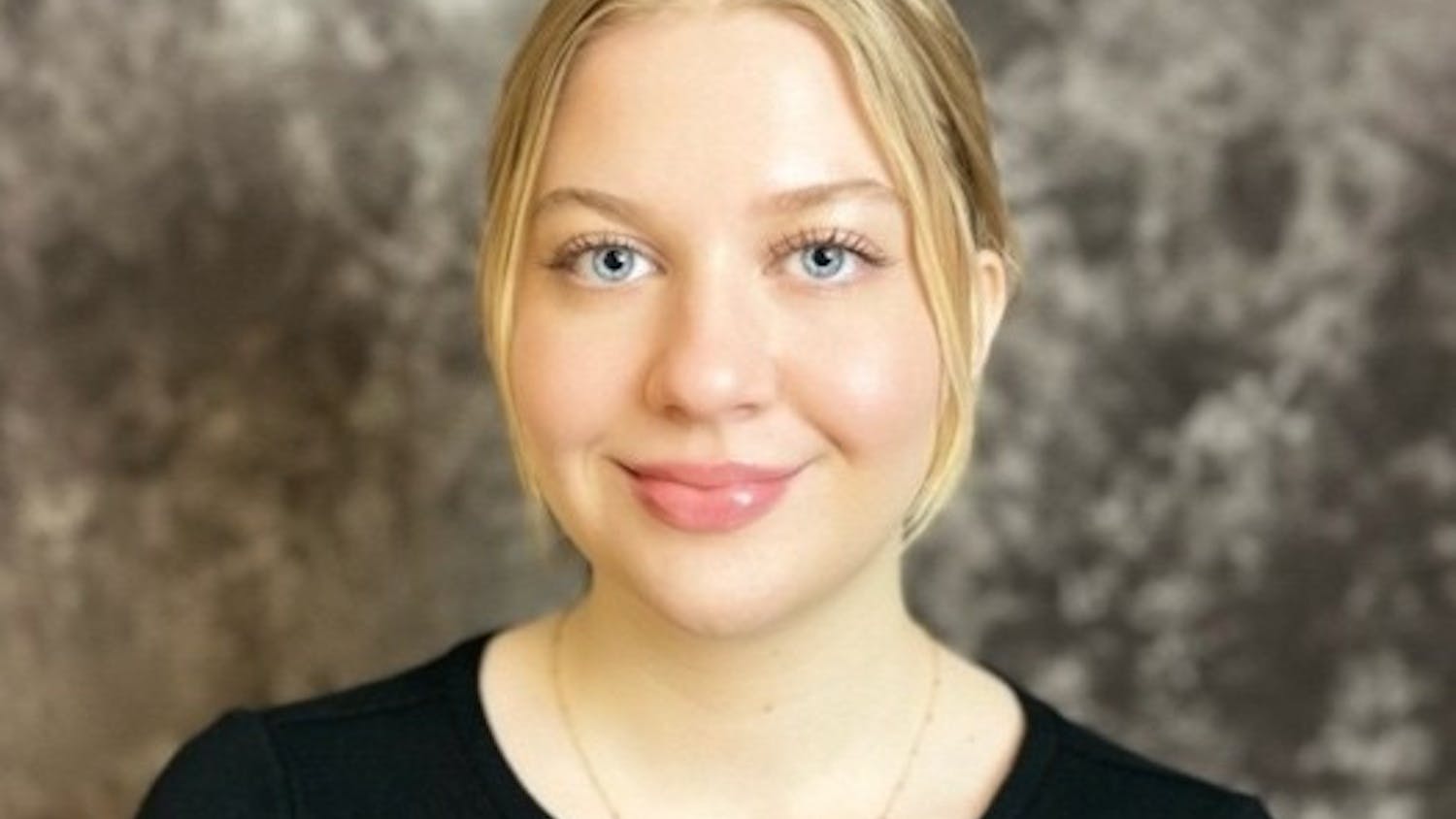As an aspiring journalist, I am very grateful for the rights guaranteed to me by the First Amendment. If I want to write a column criticizing President Simpson, President Obama, or anyone else, I know that I can do so without fear of being arrested. I am proud to live in a country that offers me that right.
At the same time, I am glad that there are certain limitations on free speech in this country. For example, if one of my colleagues wanted to write a column claiming that I like to kill and eat puppies, I could sue that person for libel. We are prevented from making unfounded accusations at each other. I am glad this rule is in effect, because without it, anyone could make any crazy claim and we simply can't have that.
Unfortunately, issues involving free speech aren't always black and white. There are certain instances where it's a bit more difficult to decide if someone is merely exercising their right to free speech, or if they are crossing the line. When these instances occur, we have to interpret the First Amendment in ways that could have unknown effects on our rights. This is never easy to do.
Once such instance came a few weeks ago, when our friends at the Westboro Baptist Church were at it again. If you don't know, they are a church that strongly opposes homosexuality and pickets funerals of U.S. soldiers, claiming that God killed them to punish America for tolerating homosexuals. In other words, they're not the sunniest people around.
Naturally, this angers the families of soldiers whose funerals they picket. One angry military father took them to court, claiming they were harassing his family by protesting. The initial court ruling sided with the father, but the higher court overturned it, stating that the First Amendment protected the Church's actions.
This is where the issue gets a little bit tricky. Obviously, people should be allowed to be protest. One of the things that make America great is that people can freely state their opinion and that they can rise up and proclaim their dissent with whatever issue they choose.
As much as mainstream America might loathe the WBC, and their ultra right-wing views, their claim to protest is just as valid as anyone else's. We can't forget that.
That being said, protesting in the middle of someone's funeral is an entirely different issue. Its one thing to gather together to protest something, it's quite another to disrupt a personal affair, and tell the family of a fallen soldier that their loved one is rotting in hell because America isn't willing to exterminate homosexuals.
That goes far beyond the right of free speech. That is harassment in the clearest sense, and our courts shouldn't have stood for it.
The reason I disagreed with the court's ruling so much here is that they missed what was at stake. It's not the WBC's right to protest that is the problem, it's where they choose to do it. If they were forced to stay a respectable distance from the funeral itself, but still allowed protesting, that would be a happy medium. It would allow the group to keep their free speech, and let the family mourn in peace.
It would've been nice if the court had thought this way, but instead they chose to ignore the needs of a grieving family, and allow a violent, hateful group to do whatever they want. It's one thing to not want to infringe on free speech, it's quite another to enable a group of hate-mongering troublemakers. Sadly, our courts chose the latter. For shame.
E-mail: jhugar@buffalo.edu
Free speech not always black and white

More
Comments




